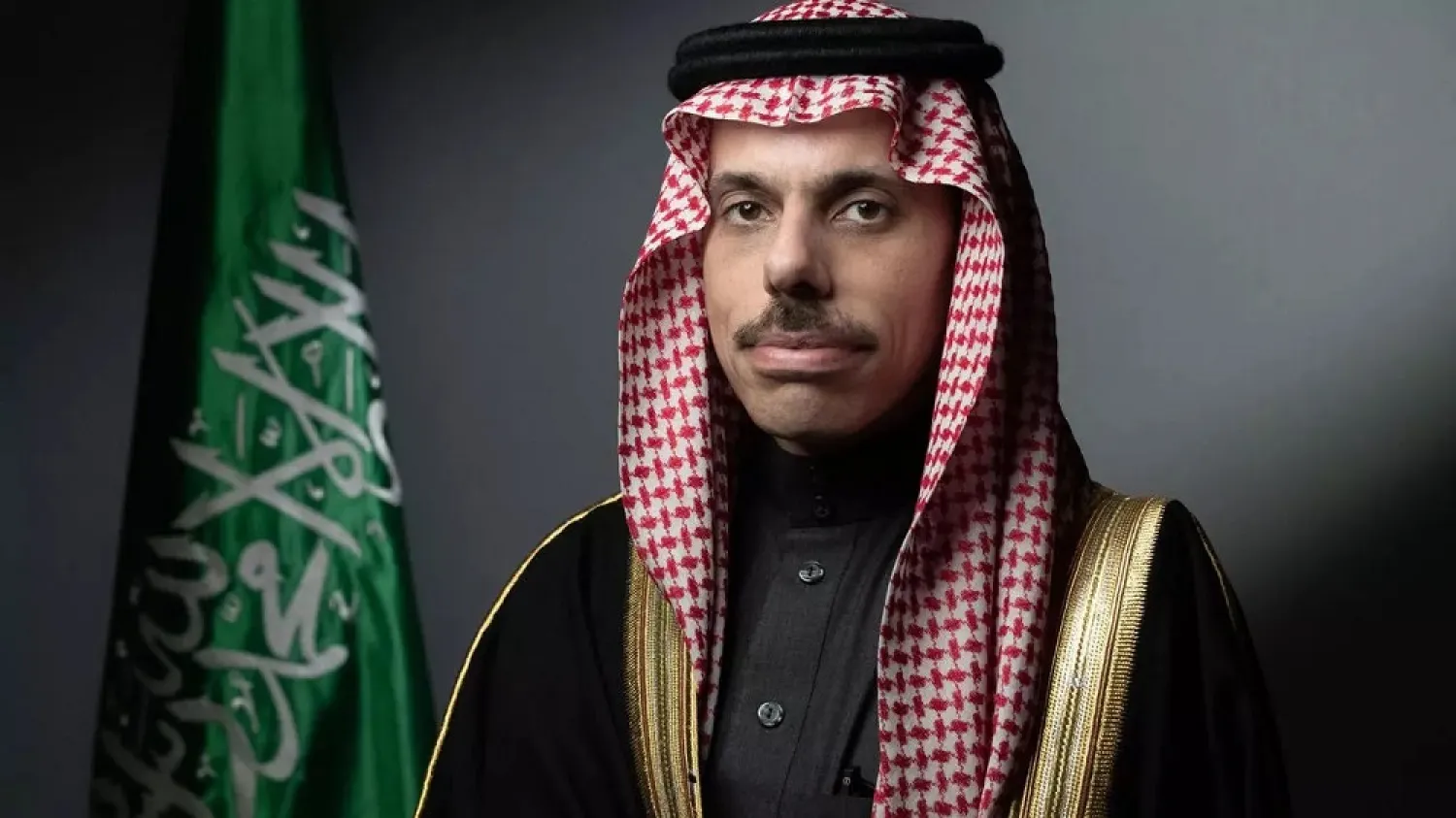Saudi Foreign Minister Prince Faisal bin Farhan bin Abdullah said on Saturday the latest crisis with Lebanon has its origins in a Lebanese political setup that reinforces the dominance of the Iran-backed Hezbollah armed group and continues to allow endemic instability.
Saudi Arabia and other Gulf countries expelled Lebanese envoys in a diplomatic spat following offensive comments against Saudi Arabia made by Lebanon’s Information Minister George Kordahi.
“I think the issue is far broader than the current situation,” Prince Faisal told Reuters in a phone interview. “I think it’s important that the government in Lebanon or the Lebanese establishment forges a path forward that frees Lebanon from the current political construct, which reinforces the dominance of Hezbollah.”
He said this setup “is weakening state institutions within Lebanon, in a way that makes Lebanon continue to process in a direction against the interests of the people of Lebanon.”
The row has triggered calls by some Lebanese politicians for the resignation of Kordahi.
“We have no opinion about the government in Lebanon. We have no opinion as to whether it stays or goes, this is up to the Lebanese people,” the minister, speaking from Rome where he was attending the G20 summit, said.
Cordial talks
Meanwhile, Iran and Saudi Arabia have launched a series of talks this year hoping to defuse tensions.
“We’ve had four rounds of talks so far. The talks are cordial but remain in an exploratory vein. We continue to hope that they will produce tangible progress ... but so far, we have not made sufficient progress to be optimistic,” Prince Faisal said.
Asked if there will be another round of talks, the minister said nothing had been scheduled, “but we are open to continue”.
As part of efforts to ease tensions, Teheran and Riyadh have engaged on how to end the seven-year conflict in Yemen, where tens of thousands have been killed and millions are at risk of starvation.
“I think when it comes to Yemen, we with the US are on the same page, we both support a comprehensive ceasefire, we both support a political process to resolve the conflict,” Prince Faisal said.
“I think it’s clear that the Kingdom is committed to a ceasefire and it’s up to the [Iran-backed] Houthis to decide to sign on for that and we would not tie any discussions about our defensive capabilities to a ceasefire.”









